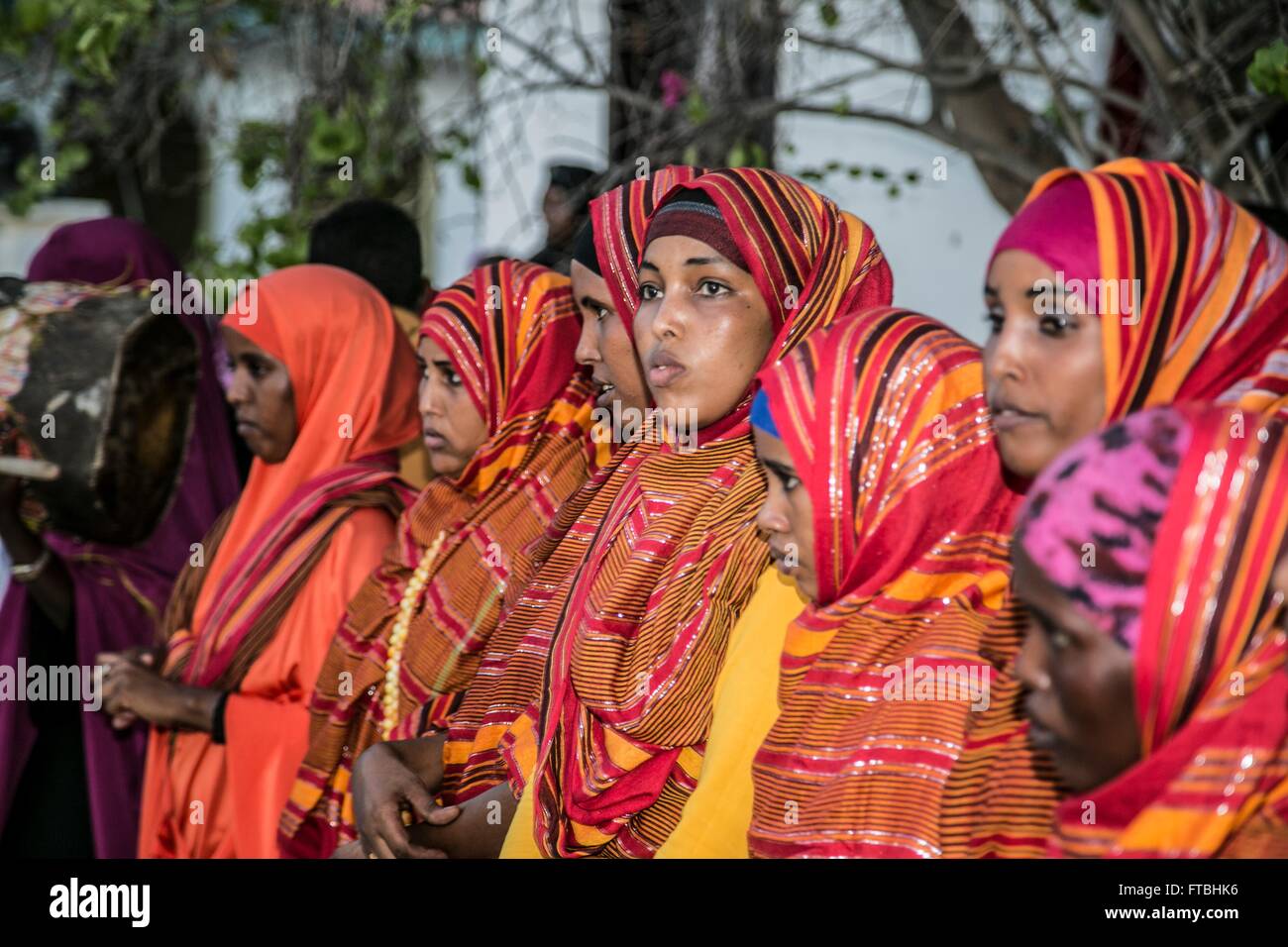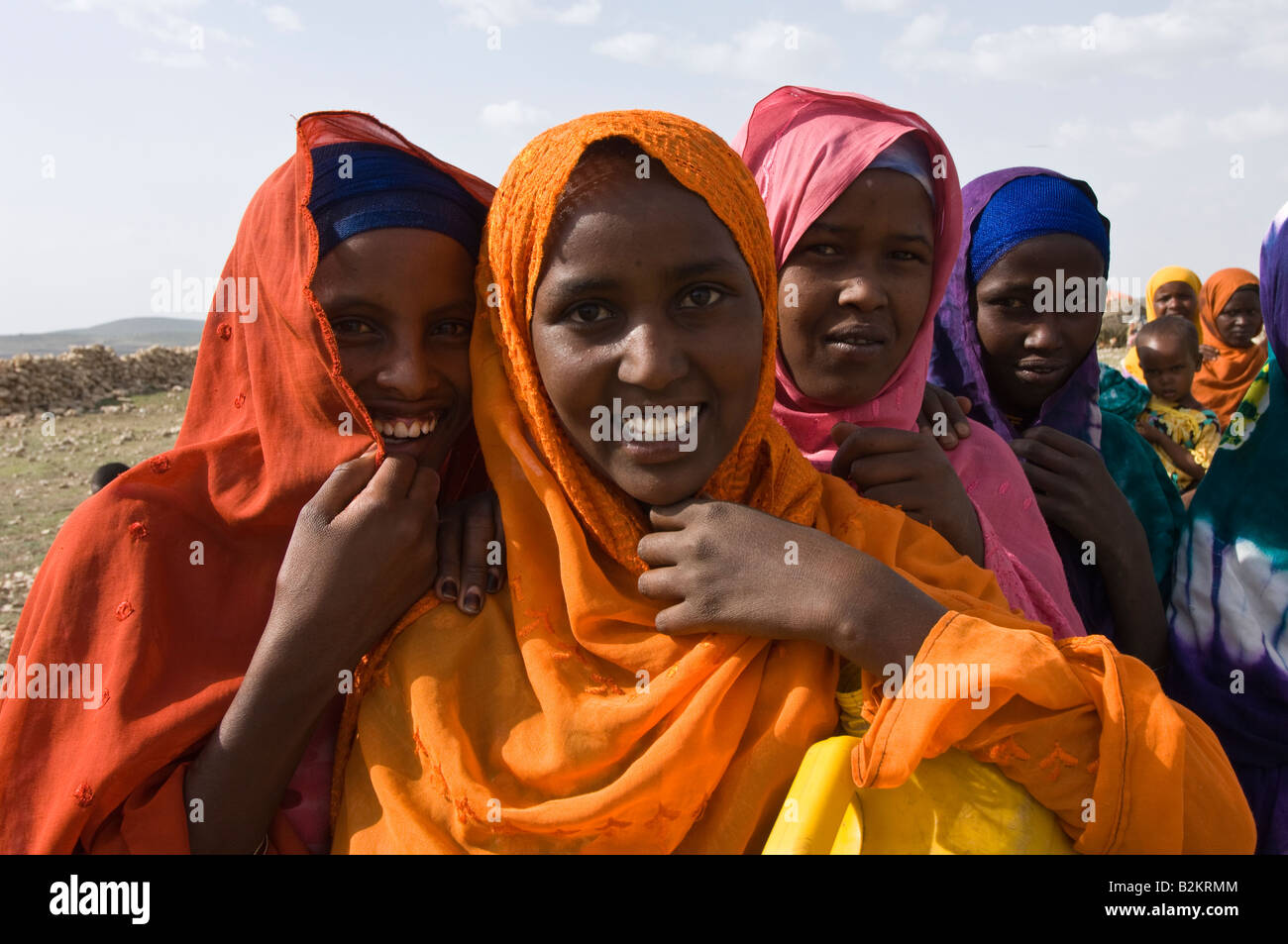📖 Article Content 📖
When folks look for things online, they often type in all sorts of phrases, some quite specific, like “somali wasmo video.” This kind of search, you know, can actually open up a bigger picture about how we seek out information and what we find about different communities and their languages. It’s a bit like pulling on one thread and discovering it connects to a much larger fabric of human experience and connection, which is pretty interesting when you think about it.
Such searches, really, tend to show us how people try to connect with different parts of the world, whether it's through language, culture, or simply curiosity about what's out there. The digital space, in a way, becomes a place where all sorts of inquiries meet up with available information. We might be looking for something very particular, but often, that search leads us to broader topics, like the many different languages people speak at home, as census records sometimes show us.
So, instead of just focusing on the exact phrase, it's worth considering what these kinds of searches tell us about the wider presence of languages and communities. We can, actually, learn a little about how various tongues, like Somali, fit into the bigger picture of human communication and where people who speak these languages live and contribute, which is something the information we come across can help us see.
- Just A White Girl Overwhelmed By Polynesian Culture
- French Women Protest
- Gay Black Massage
- Course Sidekick Unblur
- Im Finning It
Table of Contents
- What Makes Up the African Language Family?
- How Do Census Details Reflect Language Use?
- Where Do Diverse Communities Find a Home?
- Are There Unique Experiences in Different Cities?
- Considering Community Presence and Digital Queries
- What About Perceptions of Language Sounds?
- Exploring Other Language Categories
- The Digital Footprint of Language and Community
What Makes Up the African Language Family?
Understanding the Richness Beyond "Somali Wasmo Video"
When we talk about African languages, it's quite a wide group, you know, with so many different ways of speaking. This category, for example, includes languages like Amharic, which is spoken in Ethiopia, and Ibo, a common tongue in Nigeria. Then there's Twi, a language heard in Ghana, and Yoruba, another significant language from Nigeria, too. It’s almost as if each one tells a different story about the people who speak it.
The Bantu languages form a really big family themselves, spread across a good part of central and southern Africa, and Swahili is one of the most well-known, acting as a shared language for many people in East Africa, as a matter of fact. And, of course, Somali, which is what we are thinking about here, is also part of this amazing collection of languages. Each of these, in their own way, contributes to the overall sound and character of the continent's communication, basically showing how diverse human expression can be.
Thinking about these various tongues helps us get a better sense of the many voices that make up our world. So, when people search for terms that include "Somali," it's often connected to this larger tapestry of linguistic life, rather than just a single piece of content. It really is quite fascinating to consider how many different sounds and structures exist for people to share ideas and feelings with one another.
- Nour Love Is Blind Habibi Outfits
- Makin Bacon Pancakes Bird
- Harley Haisley Ass
- Who Is Vexbolts
- Dark Souls Cosplay
How Do Census Details Reflect Language Use?
The Role of Data in Knowing About "Somali Wasmo Video" Related Communities
Information gathered from a census, like the one from the year 2000, can give us a picture of how languages are used in homes across a country. This kind of detail, you know, helps people understand where different language groups live and how they might be growing or changing over time. It’s like taking a snapshot of how people communicate in their daily lives, which is pretty useful.
The numbers from such a count, as a matter of fact, can show us how many folks five years old and older speak a language other than English at home. This sort of information helps communities plan for services, like schools or healthcare, that are more welcoming to everyone, whatever their home language might be. It also, naturally, highlights the presence of groups who speak languages like Somali, or Amharic, or Ibo, as the category for African languages often includes.
So, when someone looks for something online that mentions a specific language, like "Somali wasmo video," the general interest might, in a way, connect to this broader understanding of language use and the communities where those languages are spoken. It helps us see the bigger picture of where people are, and what languages they bring to their neighborhoods, which is quite interesting to consider.
Where Do Diverse Communities Find a Home?
City Life and the Search for "Somali Wasmo Video" Information
Many cities across the United States are places where people from all sorts of backgrounds settle down, bringing their languages and traditions with them. Columbus, Ohio, for instance, has its own unique mix of people, and the same goes for places like Rochester, Minnesota, or West Valley City, Utah. These places, you see, become home to many different groups, which makes them quite interesting.
Then there are cities like Austin, Texas, and Minneapolis, Minnesota, which are often described as lively spots, each with their own distinct feel for the people who live there and for those who are just visiting, too. These places, really, offer a variety of experiences, from the everyday living to cultural happenings, which is something that draws many different folks. St. Cloud, Minnesota, and Seatac, Washington, also fit into this pattern, providing different kinds of settings where various communities make their lives.
When people search for things online, perhaps even for terms that include "Somali wasmo video," it can sometimes be a way to learn about the people who live in these diverse urban settings. It's about finding out where different groups have made their mark and how they contribute to the feel of a place, which is something that online searches can help illuminate, in a way.
Are There Unique Experiences in Different Cities?
Connecting Urban Landscapes to "Somali Wasmo Video" Searches
Each city, pretty much, has its own special feel and way of life, and this is true for places like Austin, Texas, and Minneapolis, Minnesota. These cities, apparently, offer a range of different experiences for the people who call them home and for those who are just passing through. It's not just about the buildings, but about the spirit of the place and the people who live there, too.
For someone looking for specific information, perhaps related to "Somali wasmo video," the city where a community lives can be a big part of the story. For example, if there's a strong Somali presence in a certain city, that city's unique character might be shaped by their contributions, from local businesses to cultural events. This is something that makes each urban area distinct, actually.
So, when we consider how people find information online, the local flavor of different cities plays a part. Whether it's about the general cost of living, like mean prices in Columbus, Ohio, or the cultural vibrancy of places like St. Paul, Minnesota, with spots like the Como Lakeside Pavilion, these details help paint a picture of where communities thrive, which is something that online inquiries can touch upon.
Considering Community Presence and Digital Queries
The Broader Picture Around "Somali Wasmo Video"
Sometimes, discussions about communities and their presence in different places can be quite sensitive, you know. There have been times when questions come up about how different groups, including those from Africa, might settle in new areas. It's a topic that involves how people live together and how communities are represented, which is something that online searches, even for terms like "Somali wasmo video," can sometimes reflect an interest in.
There was a time, for example, when news stories touched on the idea of people coming from Africa, perhaps as refugees, and how quickly they might be able to enter a new country. There were also conversations about how political figures might engage with certain communities, like when a Somali representative might be involved in a fundraiser in a place like Colorado. These moments, basically, highlight the active role communities play in public life.
It's interesting how public discussions and even online searches can point to the presence of specific groups and their involvement in the broader society. It’s about understanding the different voices and viewpoints that make up a place, and how they might be seen or discussed, which is something that the way people look for information online can show us, in a way.
What About Perceptions of Language Sounds?
Different Views and "Somali Wasmo Video" Related Language
It’s quite common for people to have different feelings about how various languages sound, you know. Some might find certain sounds appealing, while others might describe them in less favorable ways. For instance, there are opinions out there that describe Cantonese as sounding like people are arguing, or Danish as a mix of German and Swedish that might not be everyone's favorite to listen to. It’s really just a matter of personal taste, apparently.
This shows us that how a language sounds is often in the ear of the listener, and it’s not really about the language itself being good or bad. Every language, including Somali, has its own unique set of sounds and rhythms that are perfectly normal for the people who speak it. It’s just how human communication works, with so many different ways to express thoughts and feelings, which is pretty neat.
So, when we think about terms that include a specific language, like "Somali wasmo video," it’s good to remember that the language itself is a rich and meaningful part of a culture, regardless of how its sounds might be perceived by someone unfamiliar with it. It’s about appreciating the sheer variety of human expression through spoken words, which is something truly amazing to consider.
Exploring Other Language Categories
Broader Linguistic Connections to "Somali Wasmo Video"
Beyond the languages spoken in Africa, there are, of course, many other language groups across the globe. The category of "other Asian languages," for example, includes a whole host of tongues. Among these are the Dravidian languages, a family that includes Malayalam and Telugu, which are spoken by many people in parts of India. This shows just how wide and varied the world's languages truly are, you know.
Each of these language families, basically, represents a long history of human interaction and cultural development. They have their own grammar, their own sounds, and their own ways of telling stories and sharing information. It's a testament to the incredible diversity of human thought and communication, which is something quite special.
So, when we consider how people look for information online, even for something specific like "Somali wasmo video," it’s often connected to this broader interest in different cultures and the languages they use. It helps us see that the digital world is a place where we can learn about all sorts of linguistic backgrounds, which is really quite useful for broadening our horizons.
The Digital Footprint of Language and Community
How Online Searches Like "Somali Wasmo Video" Reflect Interests
The internet, in a way, acts as a big mirror, showing us what people are curious about, what they want to learn, and what connections they are trying to make. When someone types a phrase into a search engine, even something very specific like "somali wasmo video," it leaves a kind of



